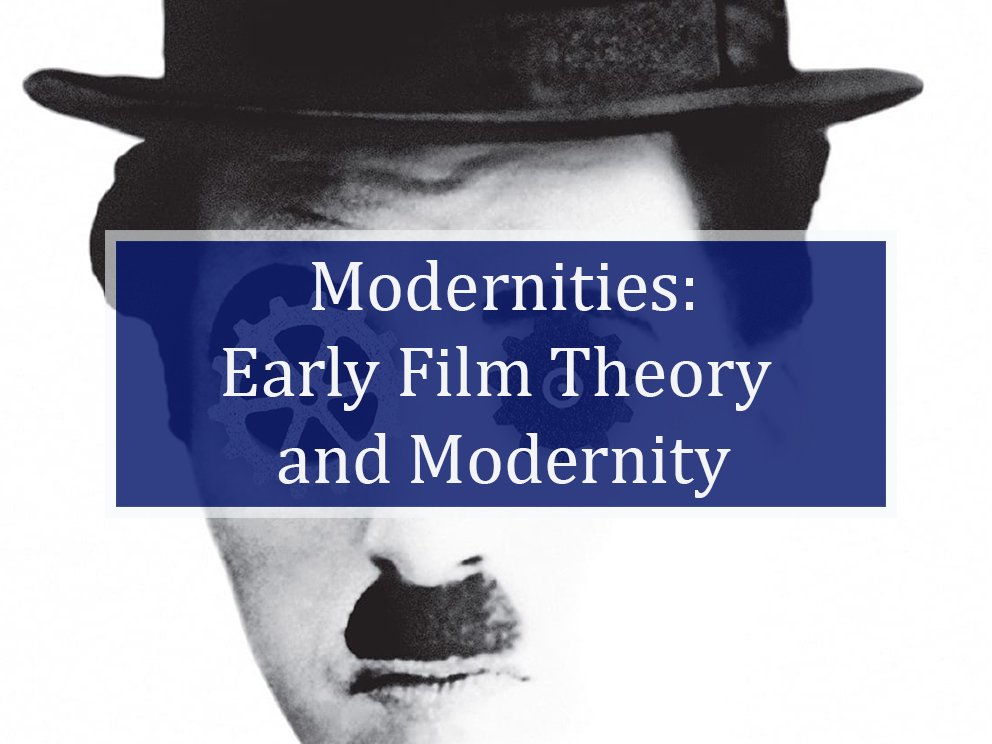HUMS 422: Early Film Theory and Modernity

For a long time, early film theory and criticism have been overlooked and underestimated. However, their recent rediscovery has highlighted their crucial role in framing film as a “modern” invention. While discussing what then was a recent invention, early film theory and criticism tackled some of the main characteristic of modern life: speed, excitation, contingency, openness, subjectivity, circulation, etc. By doing so, they underscored the parallel between modern experience and filmic representations. On the screen –they claimed– spectators do not only see the world in which they live, but also the effects of the political, industrial, and social revolutions on this world. At the same time, early film theory and criticism developed an ideal of “modern” art and “modern” language, through a systematic exploration of filmic style and iconography. According to them, film was the epitome of a “new art” for “new times.” The course explores the idea of modernity as it developed in the Western world between the end of the 19th and the beginning of the 20th centuries. Despite this limitation, we do not meet a uniform landscape; on the contrary, ideological differences and national identities played a major role in defining the perspectives forged by film theorists and critics. While considering texts from France (Delluc, Epstein), Germany (Arnheim, Kracauer), Middle-Europe (Bálazs, Lukács, Tille), Italy (Papini, Thovez), Soviet Union (Eisenstein, Vertov, Pudovkin) and USA (Lindsay, Freeburg, Münsterberg), the course systematically and critically compares them and their traditions. Every week there is a screening with films representative of the time. When possible, we use original prints.